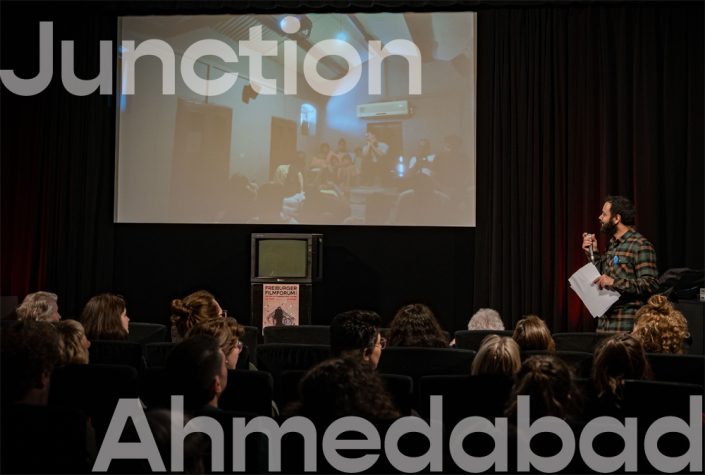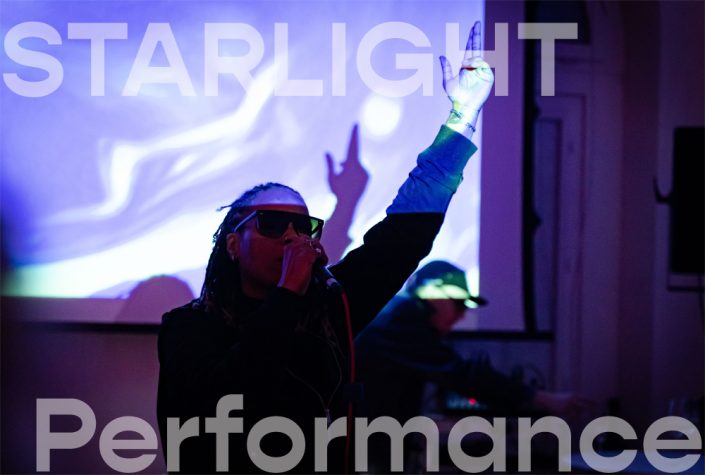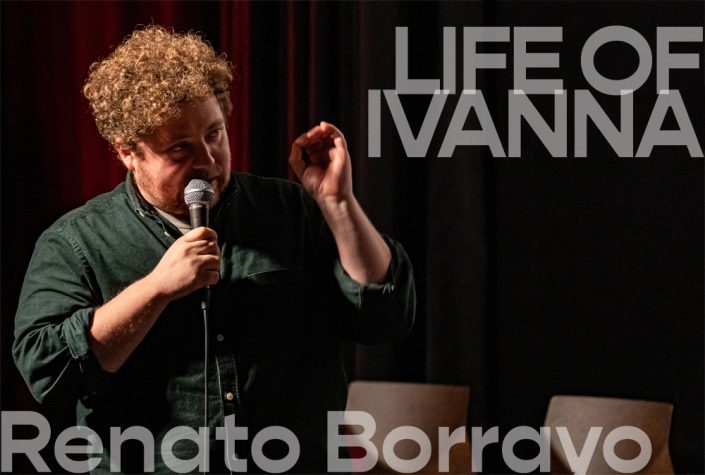A wild life rescue treats boar and deer at the edge of a natural reserve alongside the Trebbia river, northern italy. Hunters protect the non-human life in an area of industrial agriculture. Rasputin, the boar lives held under human protection at the limits of legality. A group of actors tries to represent the movements of boars.
L’OMBRA DI RASPUTIN is a sensorial exploration that looks at conservation behaviours as infrastructures bordering the “wild life” of a natural reserve in the plains surrounding Piacenza, one territory amongst the many heavily transformed by industrial agriculture in Italy. Humans and non-humans converge in assemblages where care and violence juxtapose to balance out the contrasting forces of two separate phenomena: Intensive agricultural production and the protection of biodiversity.









